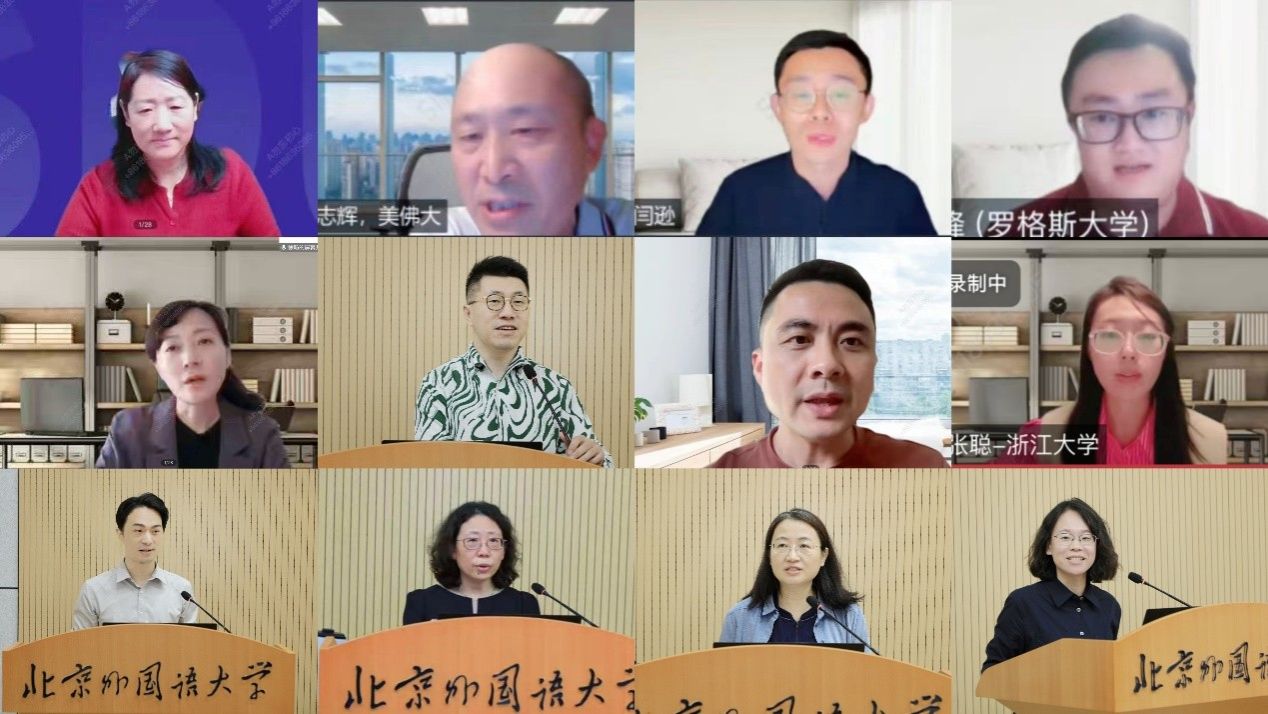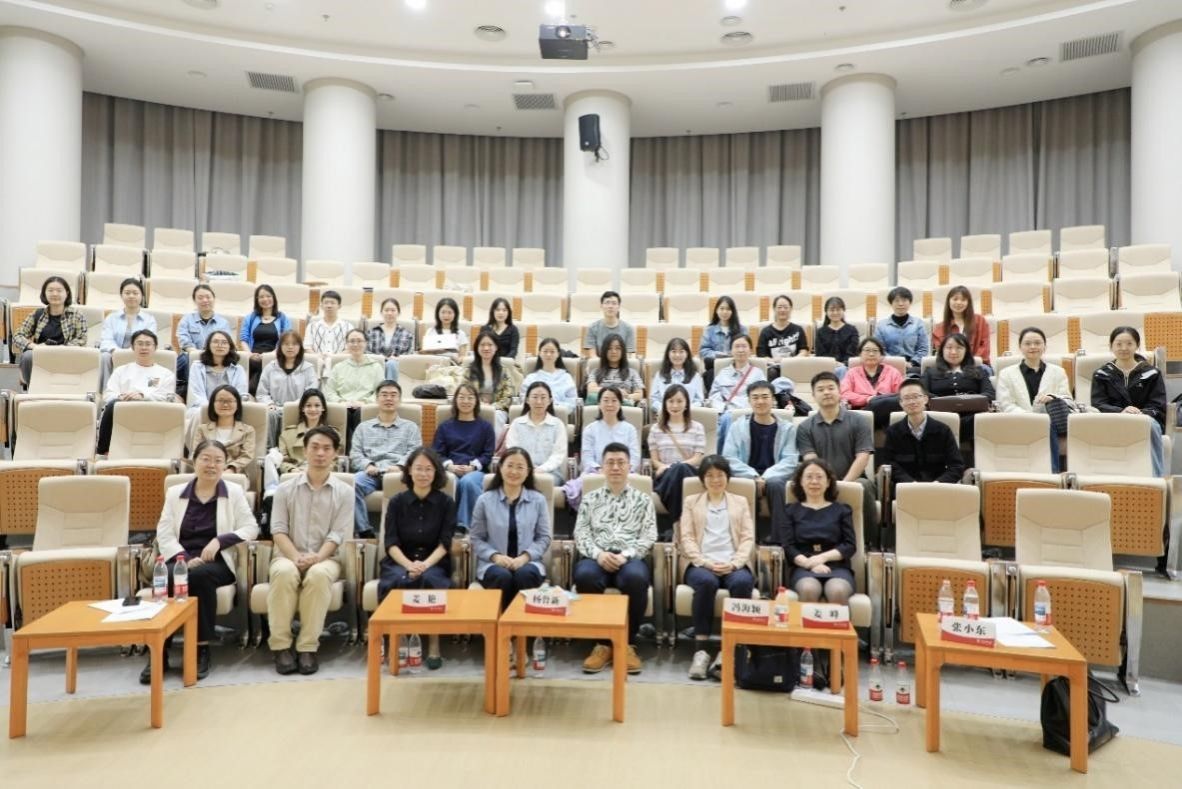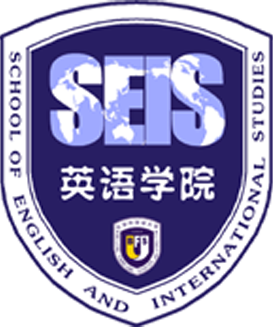
September 27, 2025 | Beijing — Nearly 600 scholars, teachers, and researchers from China and abroad convened in Beijing for the “Frontiers Forum on L2 Writing Teaching and Research in the Age of AI,” a hybrid gathering focused on how artificial intelligence is reshaping writing, assessment, and research ethics. The opening session was chaired by Prof. Luxin Yang of Beijing Foreign Studies University, with welcome remarks from Prof. Junju Wang, chair of the Writing Teaching and Research Committee of the Chinese Society for Comparative Studies of English and Chinese.
AI in the classroom and in assessment
Speakers emphasized that AI is already part of academic workflows and should be positioned as a “research assistant” to make human–AI collaboration productive (Prof. Zhihui Fang, University of Florida). Others compared how testing organizations and classroom teachers differ in their approaches to AI (Prof. Xun Yan, University of Illinois Urbana–Champaign). Empirical studies highlighted the value of “teacher–peer–AI” collaborative feedback (Prof. Cong Zhang, Zhejiang University) and showed that real-time, technology-enabled written corrective feedback can boost learner engagement (Prof. Jinfen Xu, Huazhong University of Science and Technology).
Teaching for depth; redesigning courses
Presenters called for course designs that prioritize depth of thought within AI-enabled instruction (Prof. Fang Xu, Beihang University), demonstrated ways to equip students to read academic writing critically (Prof. Xiaodong Zhang, Beijing Foreign Studies University), and proposed reframing “writing” as a multimodal design process mediated by AI tools (Prof. Lianjiang Jiang, The University of Hong Kong).
Ethics, feedback, and multilingual practice
Beyond pedagogy, the forum examined ethics and inclusion. Talks analyzed ethical dilemmas in AI-assisted writing and proposed three core principles to guide practice (Prof. Haiying Feng, University of International Business and Economics), and reported how different feedback types shape learner engagement (Prof. Junju Wang, Shandong University). One keynote outlined a five-layer blueprint for embracing translingual practices in L2 academic writing (Prof. Zhongfeng Tian, Rutgers University), while another traced how scholars’ stances shift across writing, offering guidance for novices (Prof. Feng Jiang, Beihang University).

Looking ahead
Participants converged on a clear takeaway: the future lies in integrating AI into academic practice responsibly—building an ecosystem that matches technological potential with academic integrity. The forum concluded with a preview of a related international conference planned for 2026 (Prof. Yan Jiang, Renmin University of China) and closing remarks by Prof. Luxin Yang of BFSU.

